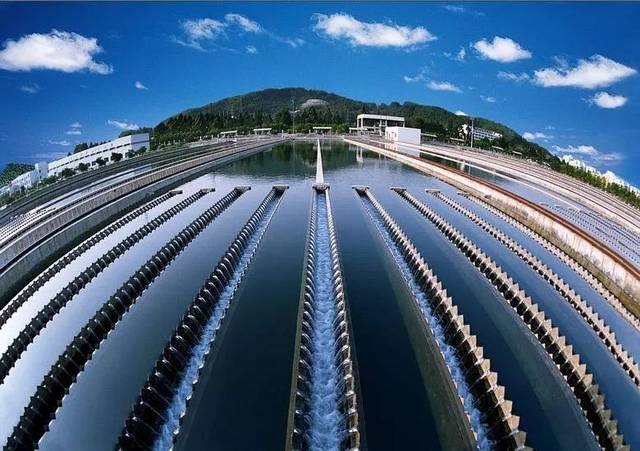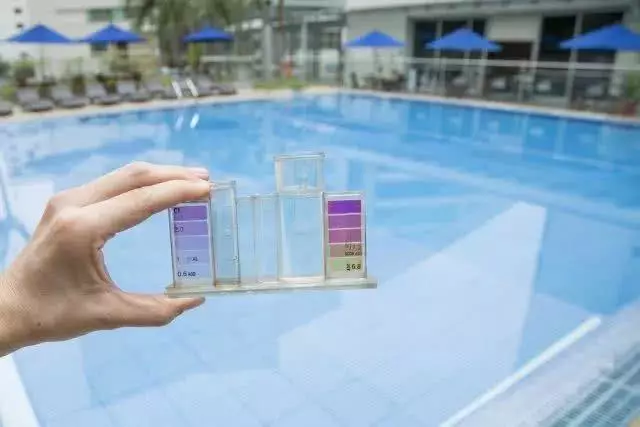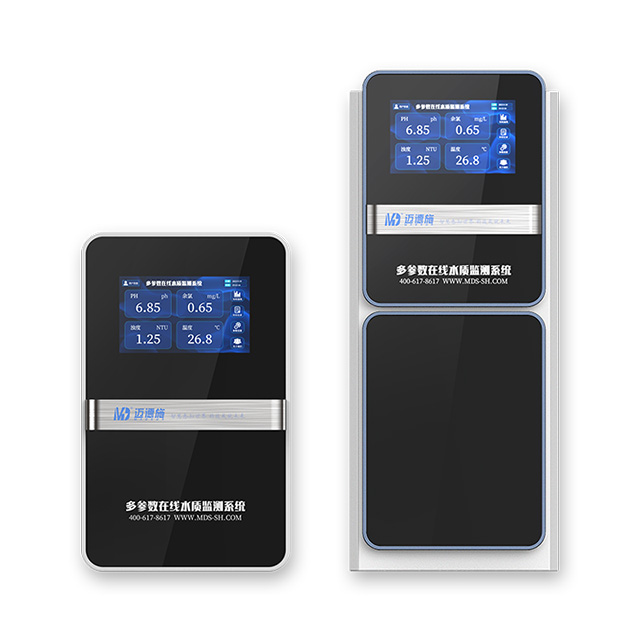Online Residual Chlorine Water Quality Monitor: What Do You Know About the Residual Chlorine Standards for Waterworks and Swimming Pools?
In daily life, water quality safety has always been a matter of great concern to everyone. Residual chlorine detection plays a crucial role in ensuring water quality safety. Residual chlorine can continuously disinfect and kill bacteria, preventing the large - scale reproduction of microorganisms in water, so that we can use clean and hygienic water. For this reason, enterprise users pay special attention to the effective standards of residual chlorine. Next, let's learn about the residual chlorine standards for waterworks and swimming pools with Maideshi, a chlorine sensor Manufacturer of residual chlorine water quality monitors.
Residual Chlorine Standards for Waterworks

According to the "Standards for Drinking Water Quality", the residual chlorine limit for the water leaving the waterworks is between 0.3 - 2.0mg/L, and the residual chlorine at the end of the pipe network should be ≥0.05mg/L. Why are there such standards? For the water leaving the waterworks, maintaining a certain amount of residual chlorine is to ensure continuous disinfection during the process of water being transported from the water plant to every household. After all, when water flows in the pipe network, it may be affected by various factors, and microorganisms may grow. If the residual chlorine content is too low, it cannot effectively inhibit the reproduction of microorganisms, thus affecting the water quality. The requirement that the residual chlorine at the end of the pipe network should be ≥0.05mg/L is to ensure that even when the water reaches users' homes, it still has a certain disinfection ability, making every drop of water we use safe and reliable.
Residual Chlorine Standards for Swimming Pools

According to the "Hygienic Indicators and Limits for Public Places", the standard for free residual chlorine in swimming pool water is 0.3 - 1.0mg/L, the standard for free residual chlorine in foot - soaking pool water is 5 - 10mg/L, and the combined residual chlorine should be ≤0.4mg/L. Swimming pools are crowded public places, and a large number of people swim in them every day. Microorganisms such as bacteria and viruses in the water are easily spread. Therefore, maintaining an appropriate residual chlorine content is crucial for disinfection. Free residual chlorine can quickly and effectively kill microorganisms in the water, protecting the health of swimmers. The higher residual chlorine standard for foot - soaking pools is to fully disinfect people's feet before they enter the swimming pool, preventing bacteria and viruses from being brought into the pool. The limit on combined residual chlorine is to avoid the reaction of residual chlorine with other substances in the water to produce harmful substances.
What Role Does the Online Residual Chlorine Water Quality Monitor Play?
It is like a "guardian" of water quality safety. Through the online residual chlorine water quality sensor, it can monitor the residual chlorine content in the water in real - time. Once the residual chlorine content exceeds or fails to meet the standard, the monitor will promptly issue an alarm signal. In this way, enterprise users can take timely measures to precisely control the residual chlorine content and ensure that the water quality always meets the standards.

Many enterprise users have already tasted the "sweetness" of online residual chlorine water quality monitors. For example, a waterworks used to have inaccurate residual chlorine control, and the water quality fluctuated occasionally. Since installing the online residual chlorine water quality monitor, it can keep track of the changes in residual chlorine content in real - time and adjust the chlorine dosage in a timely manner, successfully keeping the residual chlorine within the standard range, and the water quality has been significantly improved. A swimming pool, after using the monitor, can not only ensure a stable residual chlorine content in the pool water but also flexibly adjust the chlorine dosage according to factors such as the number of visitors, which not only protects the health of swimmers but also saves costs.

In conclusion, adhering to the residual chlorine standards is crucial for ensuring water quality safety and maintaining people's health. Welcome to consult Maideshi, a chlorine sensor Manufacturer, at any time to select the appropriate Digital residual chlorine sensor and online residual chlorine detector. Only in this way can we better safeguard water quality safety, enable everyone to use safe water, and enjoy a healthy swimming environment.
Previous: Is the Residual Chlorine in Your Waterworks Not Up to Standard in Summer? Stop Using Spring's Old Methods! The Online Residual Chlorine Detector Is the Key
Next: Summer: Online Residual Chlorine Sensors Become a Hot Commodity - Enterprises Must Grasp the Reasons for Growing Demand to Choose the Right Equipment

